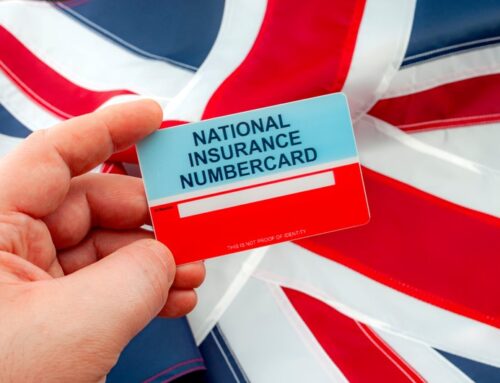This month’s guest blog is by Isobel Brett of Bretts Business Recovery, based in Gravesend.
As well as a qualified Insolvency Practitioner Isobel plays golf and organises the Kent Business Professional Golf Society which gives you the opportunity to meet other professionals over a hopefully enjoyable round of golf!
If this article raises any issues or concerns that you would like to discuss further please either contact Isobel directly on 0808 168 7540 or contact the Aspirations team and we can arrange a meeting for you.
You can check out the Bretts team and range of servies at www.brettsbr.co.uk
Is it fair to label Insolvency Practitioners as Grim Reapers?
It is natural instinct to want to avoid talking to an Insolvency Practitioner (“IP”), surely that would mean that you have failed?
Circumstances however are sometimes beyond your control and by talking to an IP at an early stage, when you first encounter a problem, they may be able to assist in formulating a rescue plan. Granted, not always. The sooner you take advice the more chance of rescue you have.
It may also protect you, as a director, from acting illegally and becoming personally liable for the Company’s debts.
So what constitutes insolvency?
- The Cash Flow test. Is the company unable to meet its liabilities as and when they fall due?
- The Balance Sheet test. Does the company’s liabilities outweigh its assets?
If either of the above applies to you then, technically, your company is insolvent. That doesn’t meant that you cannot continue to trade, but you should do so with care. As a director of an insolvent company your primary duty of care is owed the Company and its Creditors as a whole, not the shareholders, not the bank, not you the director.
A few things to watch out for:
- Payment should not be made to the “smaller” creditors in preference to HMRC or other larger creditors.
- Care must be taken not to trade on past the point of no return. If you do you could become personally liable for the debts of the Company incurred thereafter.
- Take care in drawing director’s remuneration in the relevant period (particularly if drawings are allocated to a directors’ loan account)
If in doubt, take advice either from your accountant or from a qualified IP.





